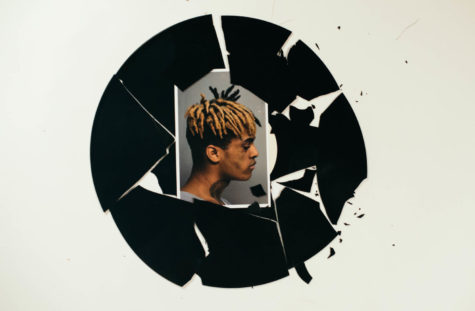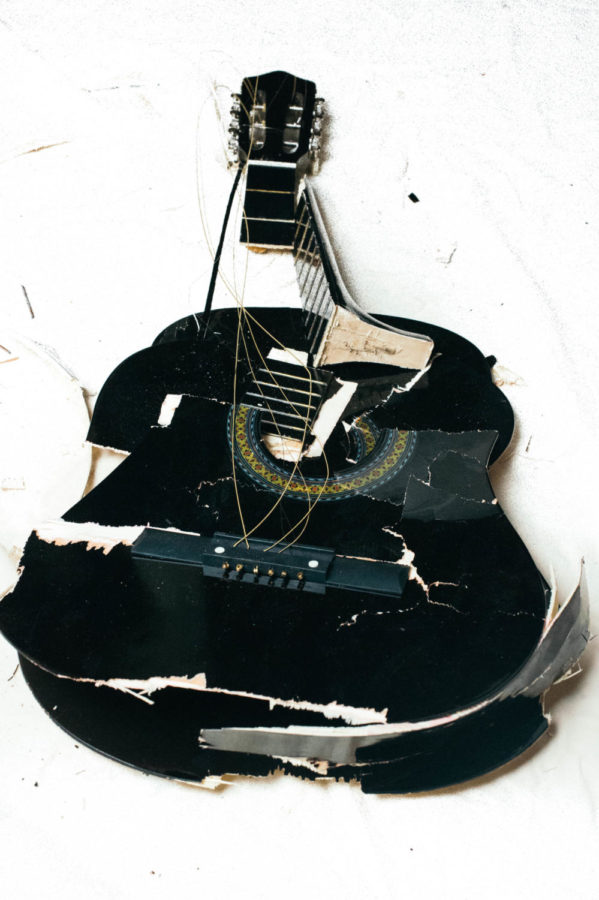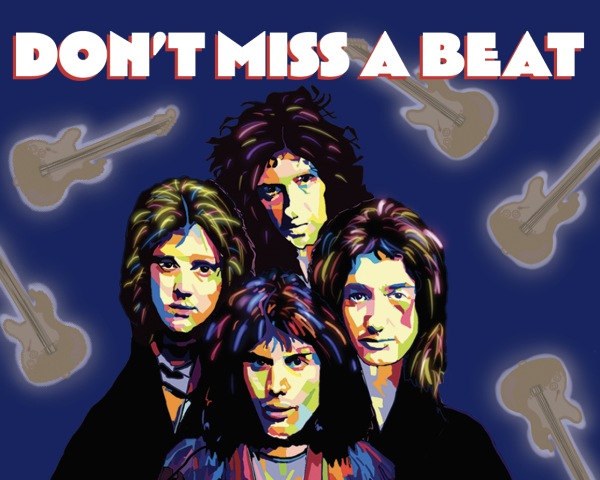Face the Music
A closer look at the horrific pasts of abusive artists
What makes an artist good? Is it their influence on culture? Is it how they brand themselves? Is it who can get the most streams? While all of these factors are important, what makes an artist good is if their music can make you feel something. If their lyrics or melodies can make you feel any emotion, they have succeeded as an artist. But there seems to be a common trend amongst artists who most would label as “good.” Their music can make you feel all types of ways, but their actions can only make you queasy.
The music industry is no stranger to abusive figures. From the beginning of popular music, there have been men who continuously showed patterns of abuse towards women. Phil Spector, a famous producer of hundreds of Motown songs from the sixties, had an infamous tendency to take advantage of the many singers he recorded. Spector symbolized the abuse seen from the music executives that have always riddled the industry. But these higher-ups still have nothing on the dozens of artists who used their notoriety to take advantage of young women. Chuck Berry was incarcerated for having sex with a 14-year-old in 1962. While Berry might be recognized as the pioneer of rock and roll, we must recognize him as the pioneer of rock and roll and sexual misconduct.
Rock and roll is one of the two genres of music that have the greatest frequencies of harassers, the other being hip-hop. The list of rock musicians who have indisputably abused women is seemingly never-ending. If you like a famous rock band, there is a high chance that at least one of the members has engaged in abuse. John Lennon beat his first wife Cynthia before their divorce, and later even admitted it in the lyrics of The Beatles’ 1967 song “Getting Better.” Jimmy Page, the guitarist from Led Zeppelin, was accused of kidnapping a 14-year-old girl and locking her in a closet for a week before raping her. David Bowie, Bill Wyman of The Rolling Stones, Steven Tyler, and James Brown are all other examples of artists who have been accused of sexual misconduct. Ozzy Osbourne even tried to kill his own wife in 1989.
Abusive artists have not gone away; in fact, they seem to be more prevalent than ever. In 2008, a violent altercation between well-known R&B singer Chris Brown and Pop artist Rihanna went viral. Brown was charged with two
felonies of assault and sentenced to five years of probation in 2009. Due to the case being followed by fans on an international level, it appeared that all of Brown’s fans and followers had simply disappeared. However, at the end of the trial, this was clearly was not the case. Since 2009, Brown has created and launched the successful fashion brand Black Pyramid, signed to a modeling agency and released four studio albums, with plans for the release of a fifth this October.
Controversy also swirled around rapper XXXTentacion and his highly anticipated album “17”. Days before the album’s release date, news of XXXTentacion’s involvement in a series of allegations got out. The rapper is set to stand trial October 5, facing multiple charges of aggravated battery of a pregnant woman, domestic battery by strangulation, as well as false imprisonment that occurred in October 2016. He pleaded not guilty to all counts. Details of the case are grim, but the abuse goes from breaking the alleged victim’s phone to keeping her locked in a bathroom for several days. Prosecutors have several hours of testimony, police reports, images and an incriminating recording all supporting their case. In the midst of this, XXXTentacion released his album which debuted at number two on the Billboard 200 and has been praised by the likes of Kendrick Lamar and was placed on XXL’s Freshman List of young and upcoming rap artists. The album itself plays on the attention and drama of the abuse case, with songs and lyrics making direct references to the case and has a theme of violence throughout. All of the bad press surrounding the rapper seems to have only launched him into more fame.
Phil Spector wasn’t the first artist to abuse women and XXXTentacion won’t be the last. In between the two, we saw artists like Dr. Luke abuse and torment pop-artist Ke$ha, and Eminem’s abusive past come to light. Hardly anything in the media can be hidden from the public eye, especially in the lives of celebrities. The artists only seem to attract more and more attention, both positive and negative. At the end of it all, it seems that all the negatives are overlooked, but the question remains: when should a music lover’s loyalty end for the sake of their morals?
“From the beginning of popular music, there have been men who continuously showed patterns of abuse towards women.”








